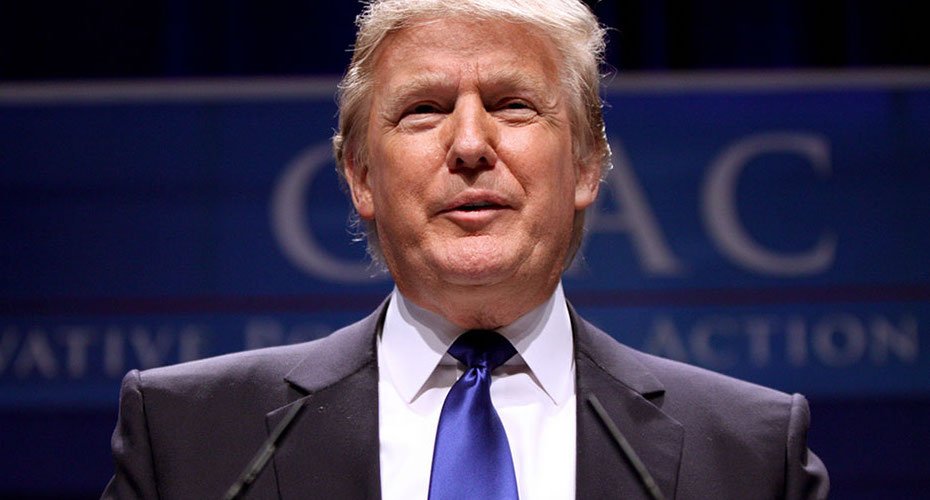London, June 12, 2025 — The UK economy experienced its steepest monthly contraction in a year and a half in April, shrinking by 0.3% — triple the 0.1% decline predicted by economists. Rising taxes on businesses, increased household bills, and a sharp fall in exports to the United States were key factors behind the downturn.
Key Economic Challenges in April
April saw a series of cost increases that impacted both companies and consumers. Employers’ National Insurance contributions rose from 13.8% to 15%, with the payment threshold reduced from £9,100 to £5,000 annually. Meanwhile, water, energy, and council tax bills also increased, adding pressure on household budgets.
The introduction of US tariffs, imposed under former President Donald Trump, led to the largest monthly drop in UK exports to the US on record. The car manufacturing sector, which accounts for about one in eight British-built vehicles exported to America, was hit particularly hard by a 25% tariff on UK vehicles. Overall, UK export values fell by approximately £2.7 billion in April, with goods shipped to the US down by £2 billion alone.
Government Spending Plans and Economic Outlook
The contraction follows Chancellor Rachel Reeves’ recent Spending Review, which pledged billions towards long-term infrastructure projects, including new railway lines and the development of the Sizewell C nuclear power plant. Funding for the NHS and defense was increased, but many other areas faced tighter budgets.
Economists have warned that the UK’s sluggish economic growth could compel the government to raise taxes again in the upcoming autumn Budget. Reeves acknowledged the disappointing data but did not rule out future tax increases, citing ongoing global economic uncertainty. “No chancellor is able to write another four budgets in the first year of a government,” she said in an interview with the BBC.
Mixed Economic Indicators and Sector Performance
While monthly economic data can be volatile, a more stable three-month measure ending in April showed 0.7% growth. Still, the contraction was mainly driven by a poor performance in the services sector, which includes retail, hospitality, financial firms, legal services, and property companies. The property sector saw a slowdown after a March rush of homebuyers completed purchases ahead of stamp duty hikes.
Shadow Chancellor Mel Stride criticised the government’s approach, saying, “The Chancellor should have taken corrective action to fix the problems she has caused. But instead, her Spending Review has all but confirmed what many feared: more taxes are coming.”
Impact on Businesses
Businesses are feeling the strain of increased costs. Ollie Vaulkhard, director of a hospitality group with 17 venues in Newcastle upon Tyne, said, “Each one of those is manageable — but when you put them all into a pot, ultimately we’ve got to charge our customers more.”
Trade Deals and Future Prospects
Since April, the UK government has negotiated new trade deals with the US, the European Union, and India. However, despite a tariff agreement with the US, a 10% import tax still applies to most UK goods entering America. Further tariff reductions on UK car and steel exports have yet to take effect, with officials aiming to finalise the deal by July 9.
For more economic news and updates, visit BlogHear.com




